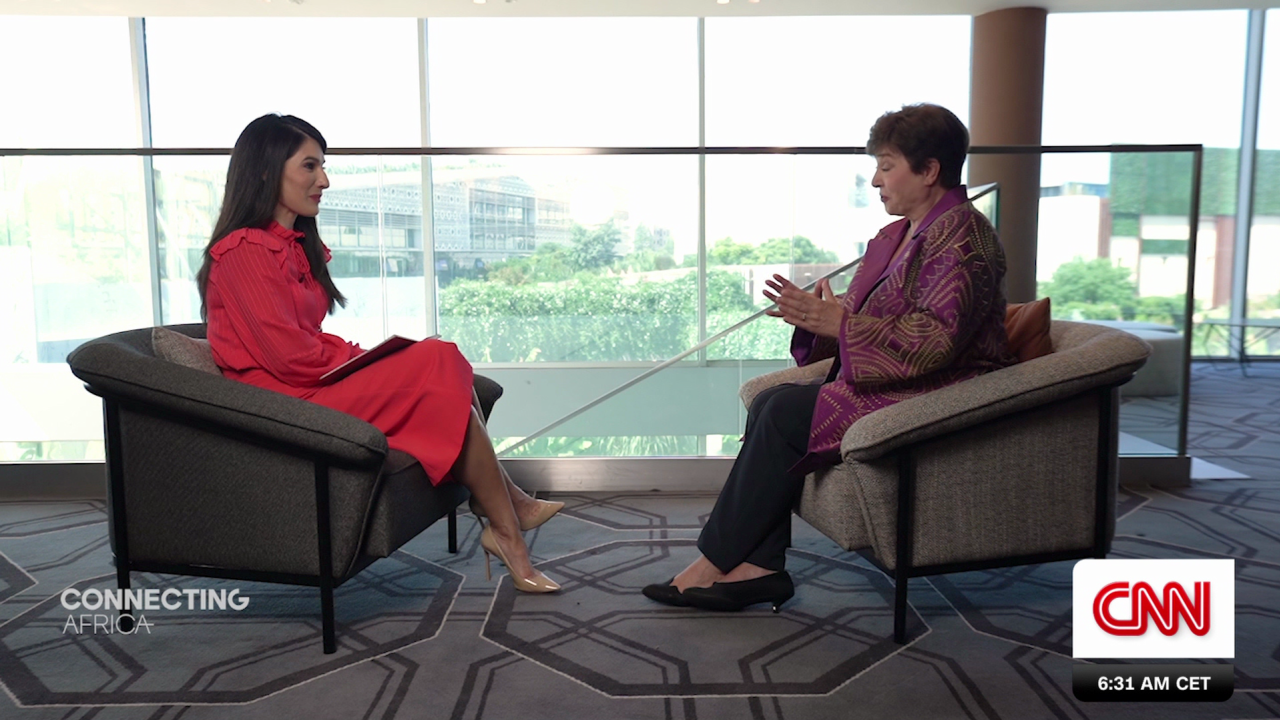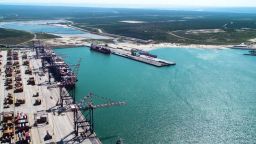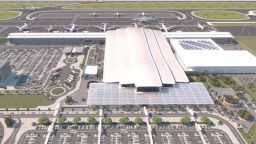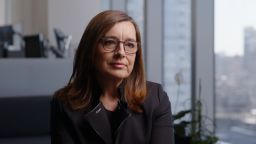When the world’s top finance officials and central bankers gather for the annual meeting of the International Monetary Fund (IMF) and the World Bank later this year, the future of Africa may take center stage.
Due to be held in Marrakech, Morocco, in October, it will be the first IMF-World Bank meeting that has taken place on the continent in 50 years.
The timing is ripe as African countries grapple with sluggish growth, food insecurity and debt distress. But, according to Kristalina Georgieva, the IMF’s managing director, the continent’s youthful demographic also makes it an area rich in opportunity. Ahead of the meeting, Georgieva spoke with CNN’s Eleni Giokos about Africa’s economic recovery and future.
The following interview has been edited for clarity and length.
CNN: According to IMF reports, the levels of inflation and public debt we’re seeing in Africa have not been seen in many decades. Does this worry you, and what are you going to try and achieve during your annual meetings?
Georgieva: Of course, we are very concerned about the financial squeeze on low-income countries. It comes from the fiscal space evaporating because of the impact of Covid, it comes from high levels of debt and high interest rates. When we go to Morocco, our most important short-term priority globally is to bring inflation down so we can see interest rates going down.
Why is that so critical? Growth needs to pick up. We are very concerned that the whole world is not doing so well in productivity and growth. For low-income countries, when the world slows down, opportunities for them also slows down. Critical meetings, like this one, bring the world together to address how we can overcome short-term challenges as well as the longer-term challenges of slow growth and a fragmenting world.
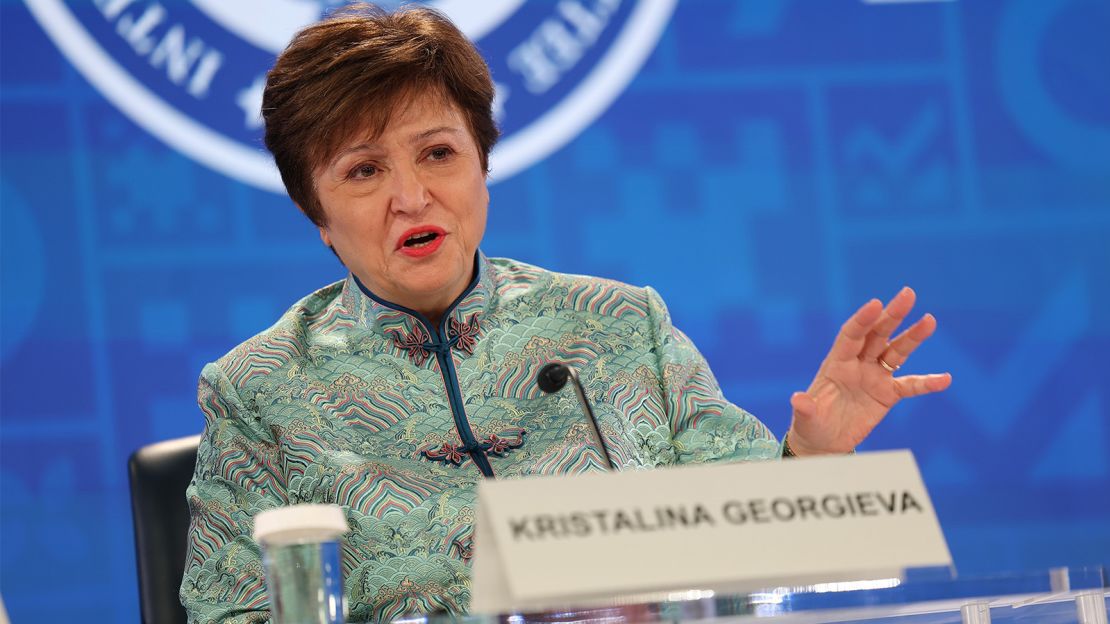
It’s a tough, uncertain situation that we’re in right now. We’re seeing so much currency devaluation; at the same time, we’re just seeing so much work that the IMF is doing on the continent. What messaging do you think we’ll see coming out of Morocco?
Georgieva: I expect to see a very strong focus on the African continent. It’s the first time in half a century we are here. I also expect that we will nurture a common view on how to move the world economy forward.
We don’t give ourselves enough credit for achievements we have had. The world economy could have collapsed during Covid, but it didn’t. Why? Because we came together, and we sailed through this crisis together. In Marrakech, we must do it again and especially concentrate on prospects for emerging markets and developing economies — the opportunities that the youthful population in Africa provides for Africa and for the rest of the world.
You’re talking about the young demographic on the continent, which of course is part of the growth prospects for Africa. But if they don’t have something to do and they’re not educated, it’s as much of a risk as it is an opportunity, right?
Georgieva: Very much so. This is why, at the IMF, we have taken to heart working with countries to protect social expenditures and to make the quality of spending in education higher, and the quality of spending in health and social protection higher — because educating boys and girls is a way to increase productivity and unleash the potential for growth.
The continental free trade area offers incredible opportunities for Africa, but there are also challenges. What do we need to do?
Georgieva: What we need to do is to work on three fronts. One, physical connectivity across countries. Two, elimination of trade and non-trade barriers. We did a paper on how the continental free trade agreement can benefit Africa if these trade and non-trade barriers are eliminated and the results are phenomenal: trade within Africa can increase by 53%, trade between Africa and the rest of the world by 15%, and real income per capita could grow by 10%.
And of course, three: digital money. Why the need for that? We need physical connectivity. We need every African business, every African institution connected to the internet and that requires coordinated action by governments.
With regards to the continental free trade area, are you feeling optimistic that Africa can pull this off?
Georgieva: There is some movement and there is also advancement in regional context. In other words, the continent also has its own regional agreements and there we see more traction where there is strong leadership. It always boils down to this: when there is will, there is way. Why am I optimistic about Africa? It’s a fantastic continent, with smart dynamic people. They are those that would define so much this century and I wish everybody on the continent all the success.
